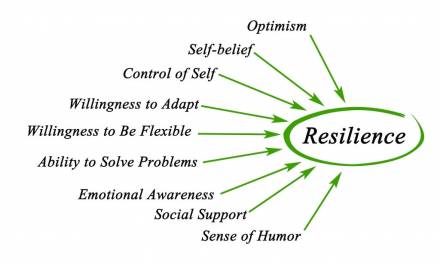Caring for your students will come naturally as a teacher and you will only want the best for them and their educational experience. But, you also want to ensure that their home life is also steady so that they are safe and secure when they are not in school.
Everyone has the responsibility to safeguard a child and accommodate their needs. If you are worried about your students, for whatever reason, then you must find the core root as to why they might be behaving in a certain way or why they are absent on specific occasions.
“Safeguarding and promoting the welfare of children is everyone’s responsibility. Everyone who comes into contact with children and their families has a role to play. In order to fulfil this responsibility effectively, all practitioners should make sure their approach is child centred. This means that they should consider, at all times, what is in the best interests of the child.”
How can we identify the risk a child might be facing?
How will we know what is in the best interest of the child?
These can vary for each individual so it’s important effective communication is implemented to find the risk and provide a suitable solution that best suits the child.
Concerns for students
There can be multiple reasons as to why a student might be struggling with their education, mental health or physical well-being. Here are a few concerns you might be having relating to your students:
- A rise in a student’s anxiety levels
- Concerns of physical or emotional abuse
- Physical or emotional bullying of a child by peers
- Cyberbullying
- Honour-based violence
- Female genital mutilation (FGM)
- Mental health challenges
- A decline in the of students
- Positively reintegrating students
Whatever circumstance a student finds themselves in, we need to assist them with effective solutions to break through the barriers they might be facing.
Supporting students correctly
There can be a few methods we can look to implement to support students you might be worried about. An initial step could be to find their level of academic ability and provide a designated learning pathway that they can abide by. This can allow students to feel more comfortable with their work and their confidence can build too.
Effective communication between students and parents must also be apparent. We can do this by offering one-to-one support and regular meetings and updates to discuss emotional welfare and progression. By building trust and rapport with students and parents it can allow streamlined communication to occur resulting in less worry for a child’s welfare. This can be progressive, but it will allow parents to have the confidence their child is receiving the best support possible in line with the SEND & AP Improvement Plan.
In addition to this, early intervention can be crucial in supporting students’ attendance and welfare.
“As poor attendance is habitual, prevention and early intervention is crucial. The key to this is regular data analysis to both identify and provide immediate additional support to pupils or pupil cohorts that need it, and to look at historic and emerging patterns across the school and develop strategies to address them.”
Patterns can then merge with a student’s situation and this can provide indications as to why they might not be attending or behaving in a certain way.
Continuously develop safeguard knowledge
It’s important to constantly develop safeguarding knowledge so that students can be the safest they can be either in the school building, learning remotely or using a hybrid approach and slowly reintegrating.
Take a look at this course on honour-based violence, forced marriage and FGM which can give you some good insight into why a child might be behaving differently or absent for an extended period. Alternatively, you can also look at several other safeguarding courses on Keys to Safeguarding.
You can also visit EDClass if you think some of your students would benefit from an effective online alternative provision. Make sure to download EDClass’s white paper on implementing supportive reintegration strategies to transform attendance challenges. Call EDClass on 01909 568338, send an email to mail@edclass.com or enquire for more information here.









